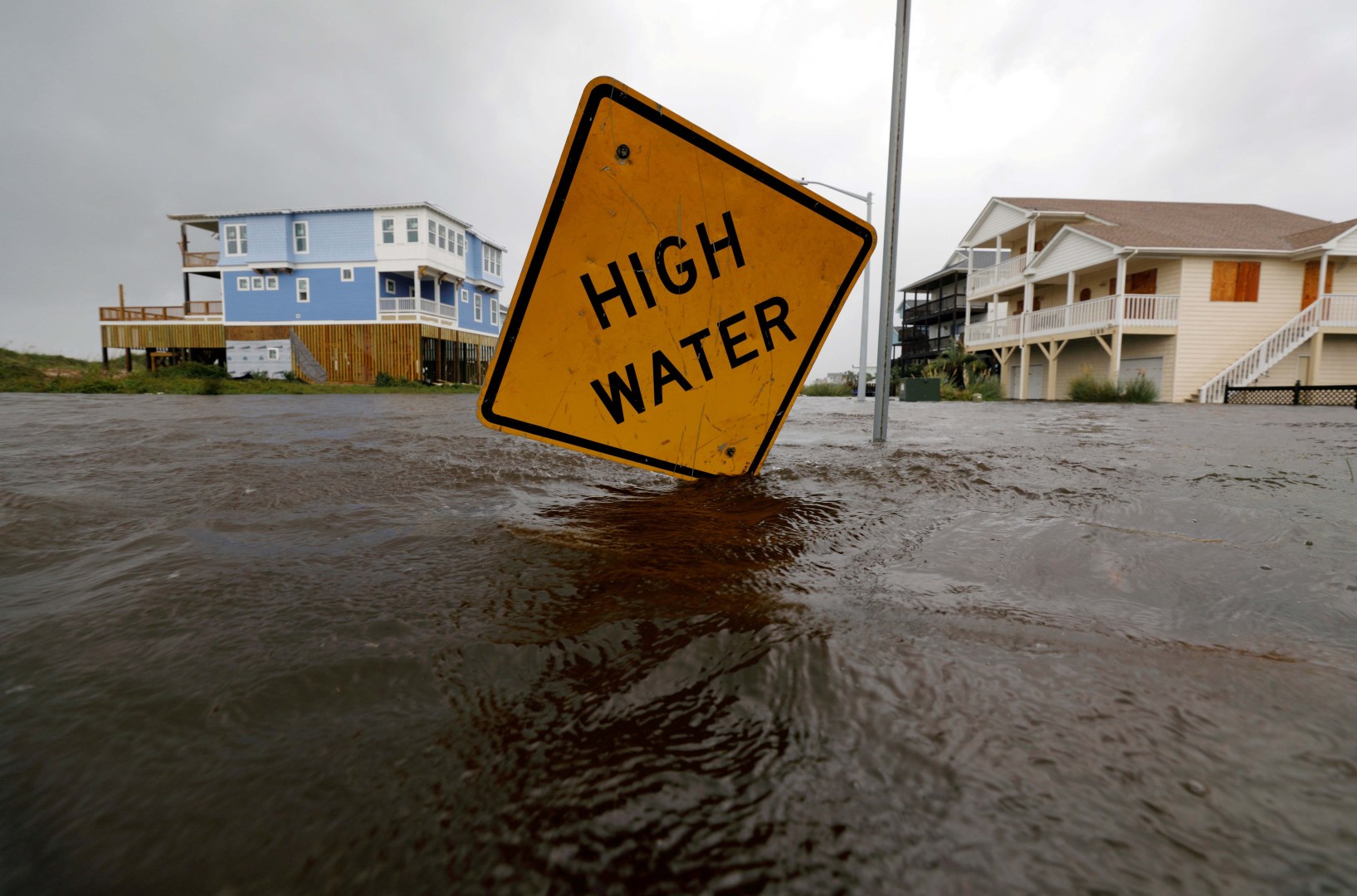
Hoesung Lee, IPCC Chair: “This report, Climate Change 2021, the physical science basis, expands our knowledge of attribution of climate change, including the human contribution to extreme weather events and it provides us with an improved understanding of climate change, including the warming, past, present and future. First, it tells us that it is indisputable that human activities are causing climate change and making extreme weather events more frequent and severe. Second, it shows that climate change is affecting every region on our planet. And lastly, it explains that strong, rapid, sustained reductions in carbon dioxide and other greenhouse gas emissions would be required to limit global warming.”
“This report will serve as a timely new evidence base for negotiators at the COP26 negotiations starting in less than three months. It will be a valuable tool box for negotiators as they consider the level of ambition at COP 26.”
Petteri Taalas, World Meteorological Organization Secretary-General: “The report published today echoes the same messages with much higher urgency. Climate change is already more visible and the emissions have grown more rapidly than we ever expected in 1979.”






